Suzuki has officially launched its Business Partner Programme to drive fleet sales through its franchised car retail network by a third over the next three years.
Masterminded by the brand’s head of fleet, Graeme Jenkins (pictured), the new programme has been more than two years in the making and involved consultation with the brand’s 161 retail partners to gauge interest in joining the programme.
The brand has already signed-up 68 showrooms from 33 dealer groups and hopes that the arrival of new hybrid and plug-in hybrid (PHEV) models - partly delivered through a new partnership with Toyota - could help boost its fleet sales performance.
“It’s not revolution, it’s evolution for our dealers to look at the 50% of the marketplace we haven’t previously had a proposition for,” said Jenkins, who told AM that Suzuki’s ambition was to sell 50% more fleet cars by 2020 in an interview last summer.
“Suzuki is seen as a genuine challenger brand in the fleet market. We need to prove we have the capability to look after these new customers.”
The new programme requires dealers to handle incoming sales from contract hire and leasing companies and also makes them responsible for generating their own local fleet sales.
To become a Business Partner, dealers must commit to having a dedicated member of staff for fleet and will be given fleet sales targets.
There will also be a requirement for dealers to have fleet specific sections on their websites and a strong social media presence.
Above all, dealers are expected to deliver a high level of customer service to the fleet industry, Jenkins said.
He said: “Our retailers are good at delivering very high service on a local level. We don’t want to dilute the brand and what we are about.
“A lot of our dealers are family businesses. Getting local business for them really matches the ethos of the brand. They can go out to small business that want maybe four cars that they might not have been able to do before. It’s very much about the local SME market.”
Once a fleet sale has taken place and in order to build good Aftersales relationships, all participating dealers must adhere to the Suzuki Business Aftersales Charter which provides Business customers with a clear understanding of what to expect when their vehicle is booked in for any service, maintenance or repair work (SMR).
This also includes a commitment to transparent pricing and booking lead times.
Suzuki has said that its will support Business Partners through two regional business sales development managers.
Those sites will also be the only Suzuki dealerships that can handle fleet sales through leasing and contract hire companies, plus the brand’s recently acquired Crown Commercial Service (CCS) contract.
Suzuki will further expand its ‘Fit for Fleet’ range of cars later next year with the addition of two new models from the announcement of its technology share with Toyota Motor Corporation.
These will be Suzuki-badged and specified models of the UK Built Corolla Touring Hybrid and Japanese-built RAV4 PHEV.
Jenkins said: “The key thing is this is about incremental profitable fleet business. Not about taking retail and making it fleet.
“We will be advising them not to chase business around the country. We will also continue to manage relationships with the major leasing companies on their behalf.”
In the past, Suzuki has been a heavily retail-focused brand with more than 90% of sales purely retail.
Last year, the brand sold a total of 40,000 cars and true fleet sales accounted for around 25% of those. Jenkins hopes the new strategy will increase that figure to around 40% in the next three years.
Motability is a big part of Suzuki’s business, accounting for around 5,000 registrations per year. Jenkins said he is happy with this volume and added that Motability sales will continue to be offered through all Suzuki dealerships.
None of the Suzuki Business Partners will be permitted to deal with brokers as Jenkins feels this could lead to them chasing non-profitable sales rather than focusing on good quality local business.
“We aren’t going for the big corporate stuff,” he said. “We know the areas we can be successful in. The local SME market and public sector will be very strong for us.”

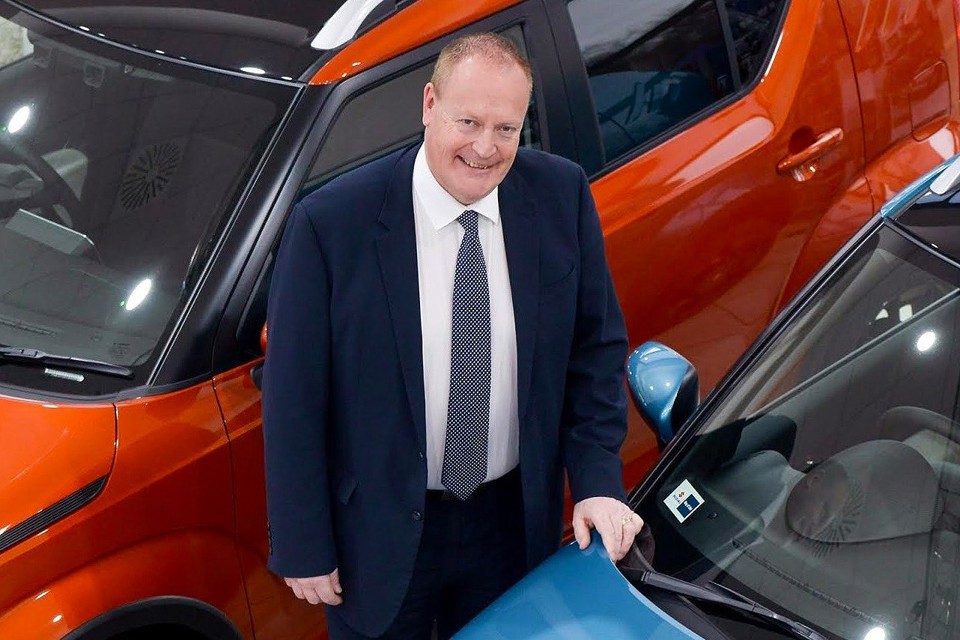
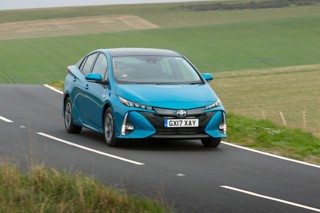
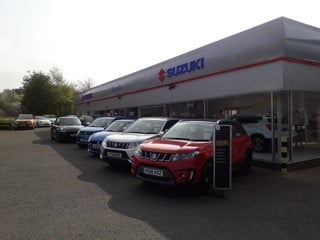
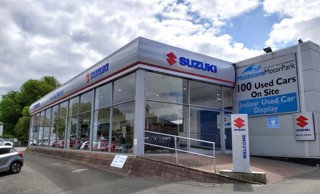

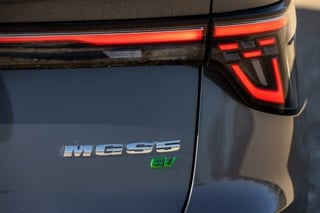












Login to comment
Comments
No comments have been made yet.